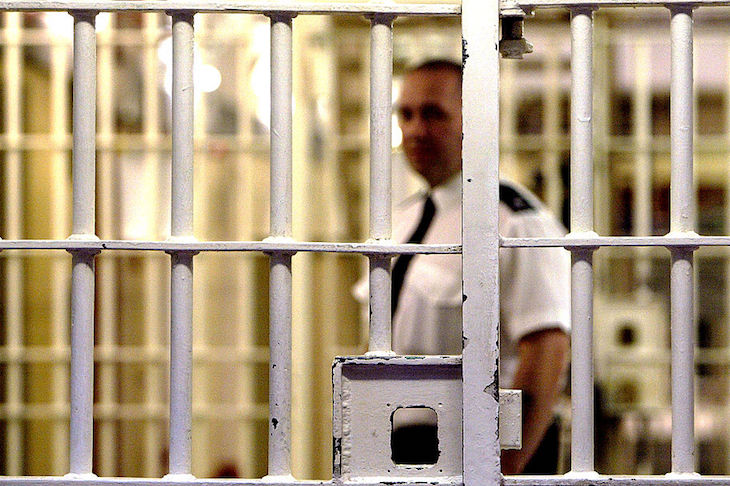I received a sad letter this week: Steve is back in prison. Each day the mail comes down to the wing in a pouch, and the office is closed while the staff sort through it, marking a board next to the name of each lucky recipient. When a board is put out, we all have a look, playing it casual but really hoping for a letter, a card, a few quid; anything provides a bit of interest, and the feeling that someone, somewhere has thought of you. It’s nice. Usually it’s nice, but not this time. I knew the handwriting straight away, because health problems that affect his coordination have left Steve with, shall we say, a distinctive script. I opened the letter, and saw the printed header, with the address of a prison in Yorkshire.
They say you don’t have mates in prison, just jail friends. It’s not true, not at all. In extreme environments, when you really click with someone, and also find unconditional acceptance and trust, deep and lasting bonds are forged. Steve and I built such a bond serving years in high security together. When I came to HMP Grendon — a unique prison, run entirely as a therapeutic community for men who want to take full responsibility for their offences and work intensively on their rehabilitation — he was already here, and our friendship developed still further.
We supported each other through a sincere effort to make real changes to our beliefs, attitudes and behaviours, and I honestly thought he’d cracked it. He did eight years of an IPP (an indeterminate sentence, for the public’s protection), including four years at Grendon. He worked hard to understand his life and his offences, and the prolific drug use that lay at the heart of it all, and earned an expensive place at the residential drug rehab to which he was paroled. Yet here he is writing to me from a prison to say it’s all gone wrong. No specifics, just apologies, on a page saturated with shame and defeat.
According to the prison grapevine, within weeks of leaving rehab, he was back on the crack cocaine, and committing burglaries. Stories such as Steve’s are all too common, but each time it happens it brings up lots of questions for those of us still in jail, trying to make changes and trying to have faith in the future.
It is not easy for a man to believe he can get out and live a stable, pro-social life, and be an asset to the community for the rest of his days, when all the evidence of the past suggests otherwise. How much can we really change? Is there a germ of self-destruction and destruction in some of us that does not respond to even the most intensive rehabilitation?
How and why people stop committing crime has been the subject of much study, and it seems that certain factors give people a better chance: accommodation, financial aid, family support, and insight into their offending. However, for some people, these do not seem to be enough. All the support in the world cannot save a man hellbent on seeking oblivion, a man who cannot resist the siren call of the abyss. The deep, secret dread that many of us carry gnaws at us with the question: ‘Am I one of those? Will that be me?’ It is the fear that the future will never be much different from the past and that our lives will be unstable and dysfunctional, on and off, from the cradle to the grave.
However confident our public proclamations, however well developed our resettlement plan, or our relapse-prevention work, we all know that a massive challenge lies ahead. Core beliefs about ourselves, other people and the world around us are formed over decades. It takes time to cultivate new habits, and those old defaults are there, waiting. In moments of vulnerability, we revert to what we know: that which is most familiar feels right, even when it’s wrong.
It is important for us to remember that not all of the news is bad. The success stories are less often told because we don’t get to hear about them, but there are those who leave prison, lessons learned, and never go back.
Believe it or not, in their heart, everyone in prison wants to be a good person and live decently. You may doubt that, but I have lived among — and as one of — those deemed society’s worst for a long time, and I am sure of it. It is difficult to change but it can be done. Positivity is required, but right now it is hard to feel that way. Today, I’m just sad about my friend Steve.






Comments